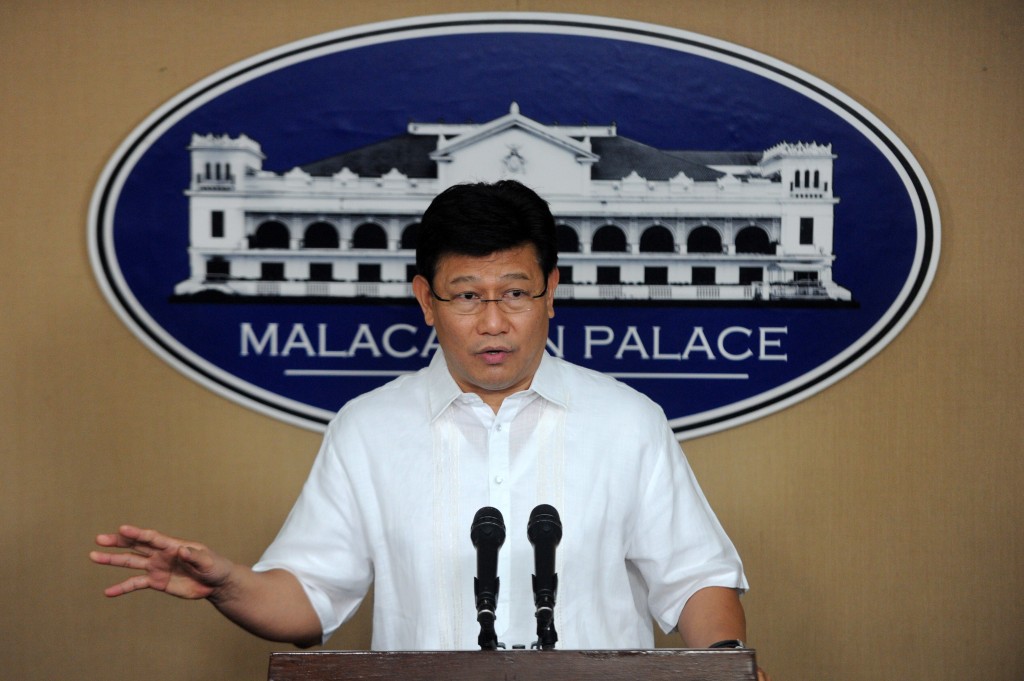
QUEZON CITY, Mar. 15 — Environment Secretary Ramon J.P. Paje called for sustained efforts among Filipinos in the fight against climate change, as the Philippines once again joins the Earth Hour movement on March 19.
“Climate change is our planet’s biggest environmental challenge, and to fight it requires mass participation across all continents, even in countries like the Philippines which has a very small carbon footprint,” Paje said. “Earth Hour is but only one response by our country and the rest of humanity.”
The global annual event encourages millions of people to switch off their lights for one hour to show their concern for the planet.
The country has been participating in the Earth Hour since 2009, and is consistently one of the biggest advocates of what has been dubbed as the world’s largest climate movement organized by the World Wildlife Fund (WWF).
Although it has smaller carbon footprint compared to industrialized nations, the Philippines is considered an important player in the fight against climate change, being one of the countries which are most vulnerable to the global phenomenon.
Since joining the movement in 2009, the country consistently had the biggest Earth Hour participation and has been very active in the global fight against climate change.
“We have actually been ‘waking the talk’ beyond merely pledging to limit our carbon emissions,” Paje said.
He said the biggest action the government has taken was to implement the National Greening Program (NGP), the Aquino administration’s flagship reforestation project that is set to surpass its target of reforesting 1.5 million hectares of denuded lands by June this year.
“Our new forests will greatly increase the capacity of our carbon sink to sequester carbon dioxide from the atmosphere, thereby mitigating climate change,” Paje said.
Paje noted that satellite data from 2002 to 2014 showed sea levels near the Philippines rising by more than 14 millimeters per year, or five times more than the global average.
“There is increased urgency to act on climate change, and while Earth Hour is symbolic, we must go beyond one hour each year,” he said, adding that the Philippines has been doing its share beyond local boundaries.
Paje cited how the country emphasized the importance of innovations in transferring useful technology and building climate-smart infrastructure during the United Nations Climate Change Summit in 2014.
He said this was followed in February 2015 when the Manila Call to Action on Climate Change was launched in Malacañang.
Also in 2015, the Philippines chaired a forum of vulnerable countries during the 21st session of the Conference of Parties to the UN Framework Convention on Climate Change or COP21.
Paje said the forum resulted in the Manila-Paris Declaration of the Climate Vulnerable Forum, which called for being carbon-free and fully producing renewable energy by 2050. (DENR)







